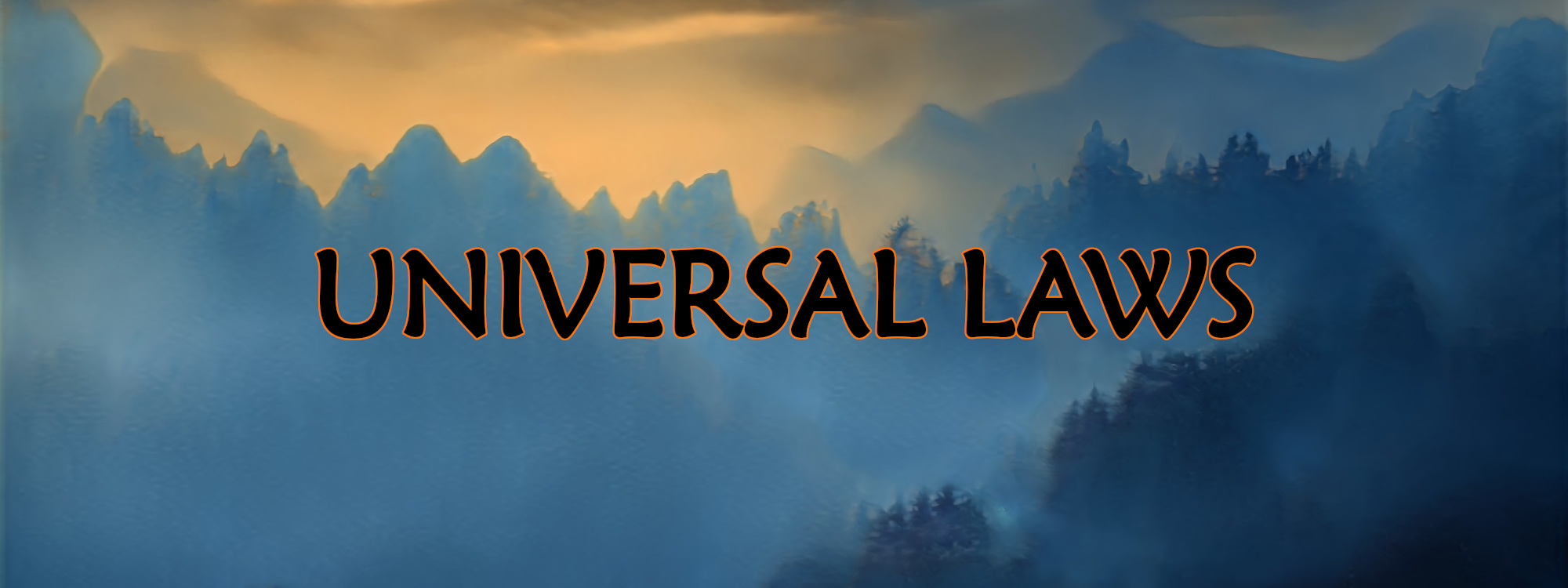Divinity
Divinity is a magical phenomenon by which gods are made. It is a mechanism created by the Empyreal Gods that functions on a cosmic scale, funnelling magical power to godly beings as they are worshipped by the denizens of the Universe. This magical power comes from the ley-lines of the universe and imposes no strain on the worshipper in question. It fuses with the very Souls of gods and, in practice, makes them ever more powerful spellcasters. The older a god is -- and the longer their history of worship -- the more magical power they possess.
Divinity was conceived of and put into place in the Dawn Age -- the very first age of the world that followed its creation at the dawn of time. It was devised by and decided upon by the leaders of the Empyreals: Oberon, Anthos, Seldariel and Loviatar. Using the power of the Progenitor Relics -- specifically the Arcanomicon and the Animus -- gave them the ability to craft the exact mechanisms of divinity and impose the phenomenon as a cosmic law for all time.
Since divine power, i.e. the magical power that a god accumulates through worship, is bound to the god's soul, it cannot be stolen away from them. But neither can it be given away. When a god dies -- and that can happen quite easily, for gods are far from impervious to harm -- their soul fades away from the universe and into the Cycle of Souls. The artificial cosmic mechanism of the Afterlife has been put in place by the Empyreals to prevent the souls of mortals from suffering this fate, but the mechanism of the Afterlife is unable to affect souls of sufficient strength -- namely the souls of gods that have been made great by divinity. As such, divinity is double-edged sword -- it makes gods powerful beyond imagining but more susceptible to death than the lowliest mortal beggar.
Divine power that arises from worship is channeled to specific gods based on a system of divine archetypes. The first of these archetypes were decided by the Empyreals when divinity was first created. Among them were such primal domains as life, death, war, the elements, and magic. Since the prehistoric times of the Dawn Age, the lives of mortals have developed greatly over the millenia and new divine archetypes have been added by the Empyreals. Examples of these are commerce, law, and culture. But the long millenia have seen the cosmos change even outside the Empyreals' sphere of inlfuence, and the mechanism of divinity has also changed itself, as if by a life of its own. The spontanous creation of new archetypes without the direct involvement of the Empyreals has become possible, and some of the villainous Outer Gods have attained divinity almost by accident.
Multiple gods can occupy the same divine archetype. When a god of any archetype dies, their powers are lost along with their soul to the Cycle of Souls -- in other words, the divine successor of a dead god inherits no power from their predecessor.
Besides divine archetypes, the assignment of divine power is dependant on the will of the worshipper. The dedication of worship to one's own god is important, for ambiguity in declarations of dedication can even lead to one's worship empowering the wrong god. For example, it is possible for a warrior to dedicate their bloodshed to the Empyreal god Galatea but so too can a orcish legionnaire devote their battles to One-Eyed Gruumsh. But when one fights battles without faith, who knows what deity can snatch the divine power that is formed?


Comments